By Chelcia Rhymes
A new year brings new resolutions.
Eat better.
Exercise more.
Spend more time with family and friends. Maybe, even, a little less screen time to help find the balance we all need in our busy lives.
And, work toward meeting financial goals.
For many people, getting financially fit is a priority in 2025. At Regions, our bankers are committed to providing guidance, insights and tailored financial solutions to help people build financial confidence. Through our Regions Greenprint®, a Regions banker can help build a plan to meet financial goals. A Regions Greenprint is free and is available to anyone, regardless of whether they are a Regions customer or bank elsewhere.
Here are three steps to help get financially fit in the new year.
Step 1: Take Your Financial Temperature
Add up assets, such as bank account balances, retirement savings, real and personal property, and investments. Subtract liabilities, including credit card balances, student loan debt, car loans, mortgages and any other loans in real or personal property.
The result is your net worth, a snapshot of your current financial position. Knowing your net worth can help you understand where your money has gone and where you want it to go.
Step 2: Set Your Financial Target
Everyone’s financial goals are different. They range from paying off debt to buying a new car or home to saving for retirement. Knowing your net worth can help set your financial target.
Here’s how.
- Plan out five years. Think about life goals in five years and what it will take to achieve financially to get there.
- Document goals. Write down those goals along with a target date for achieving them.
- Decide on tasks. Break goals into itemized tasks to do on a weekly or monthly basis to know exactly what it will take to reach your goal.
- Track progress. Track and celebrate milestones along the way.
Step 3: Gauge Financial Wellness Progress
To assess your money management skills, monitor monthly spending to see how closely it aligns with monthly expenses. If you are spending more than you need to, identify the purchases and think of ways to avoid making unnecessary ones.
Also track your progress against weekly and monthly milestones as well as projected end dates. If you frequently miss savings targets, determine where extra money you believe you should have at the end of each month is going. If unplanned expenses are eating up your disposable income, make sure future surprise costs are necessary ones, such as fixing the car or a leaky faucet.
This type of proactive budget planning can help you strengthen your personal finances and make progress toward your savings goals.
If getting financially fit is a priority this year, Regions Bank can help. Our team of bankers help people where they are in life get to where they want to be. To learn more, visit any Regions Bank River Region location and speak with a banker who can help. Or, visit www.regions.com to schedule a Greenprint conversation.






